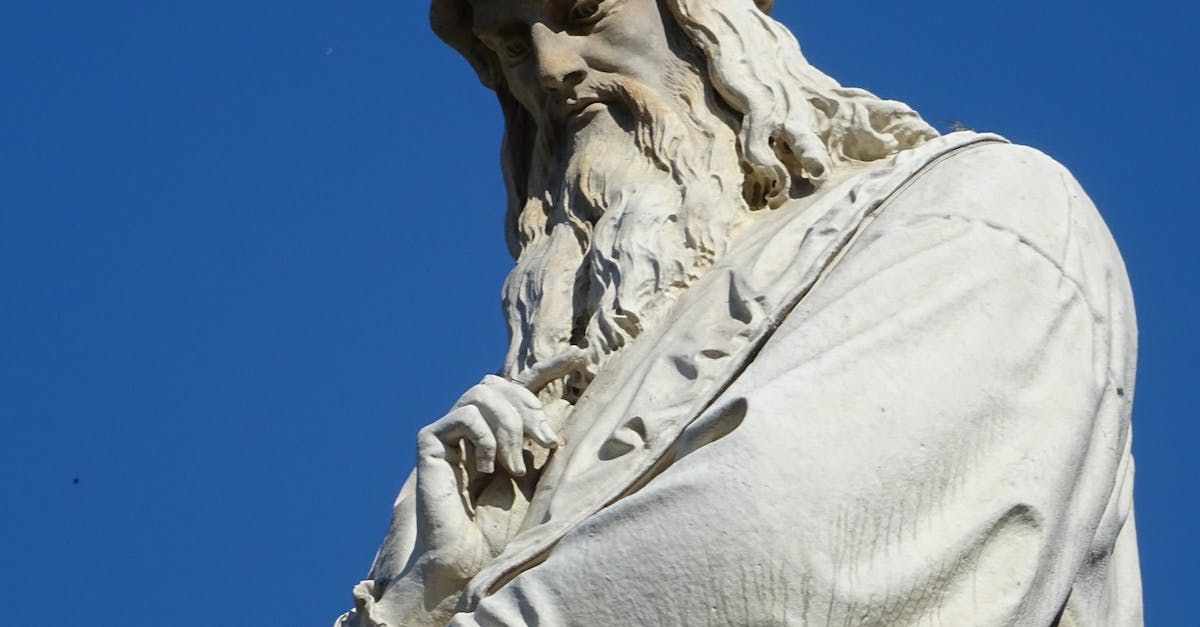LOGOS | Ee Cummings, une traduction française
Murielle Mobengo • oct. 04, 2020
Voici ce que Platon, grand conteur devant l'éternel ayant tenté de refouler son être-poète, nous dit à propos de Thoth, Dieu d'Égypte ancienne arpentant ci-dessous l'espace (ou le mesurant peut-être, comme Urizen):
C'est ainsi que toi, père de l'écriture, tu lui attribues bénévolement une efficacité contraire à celle dont elle est capable; car elle produira l'oubli dans les âmes en leur faisant négliger la mémoire : confiants dans l'écriture, c'est du dehors, par des caractères étrangers, et non plus du dedans, du fond d'eux-mêmes qu'ils chercheront à susciter leurs souvenirs. — Phèdre (275-275)
Thot est Scribe des Dieux et Dieu du calcul, de l'imagination, du cœur conscient et de la confusion engendrée par l'écriture.
anyone lived in a pretty how town, poème tiré du recueil 50 Poems publié en 1940 se risque comme une parabole voyant au-delà du voir, disant au-delà du dire par la torsion délibérée des liens grammaticaux et sémantiques. Pourtant, e.e. cummings y illumine étonnement quelque chose. Notre tête est confuse, mais notre cœur reçoit son histoire.
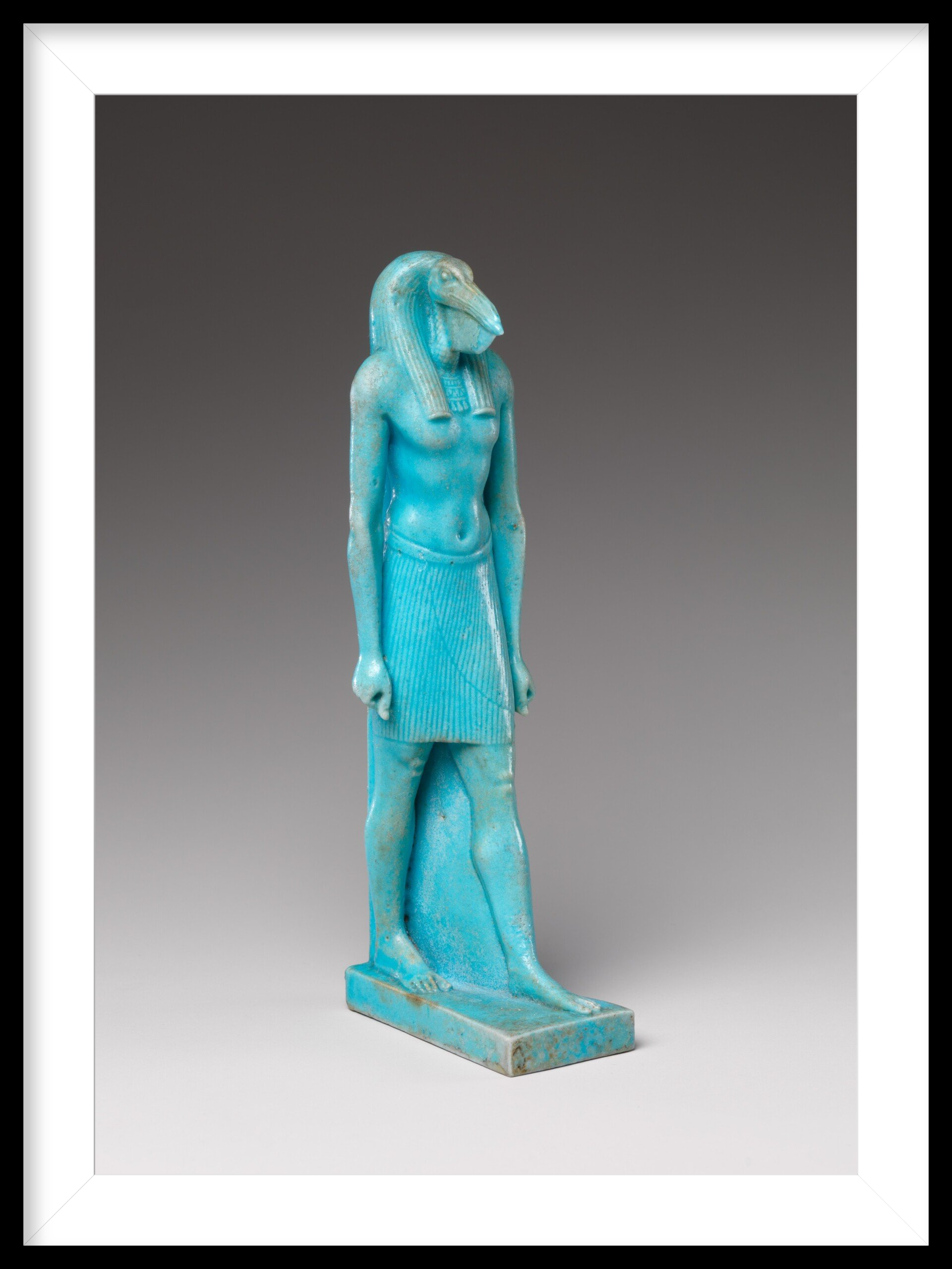
"Striding Thoth, 332–30 B.C. - Ptolemaic Period" - The Metropolitan Museum of Art - New York, NY
Revue {R}évolution
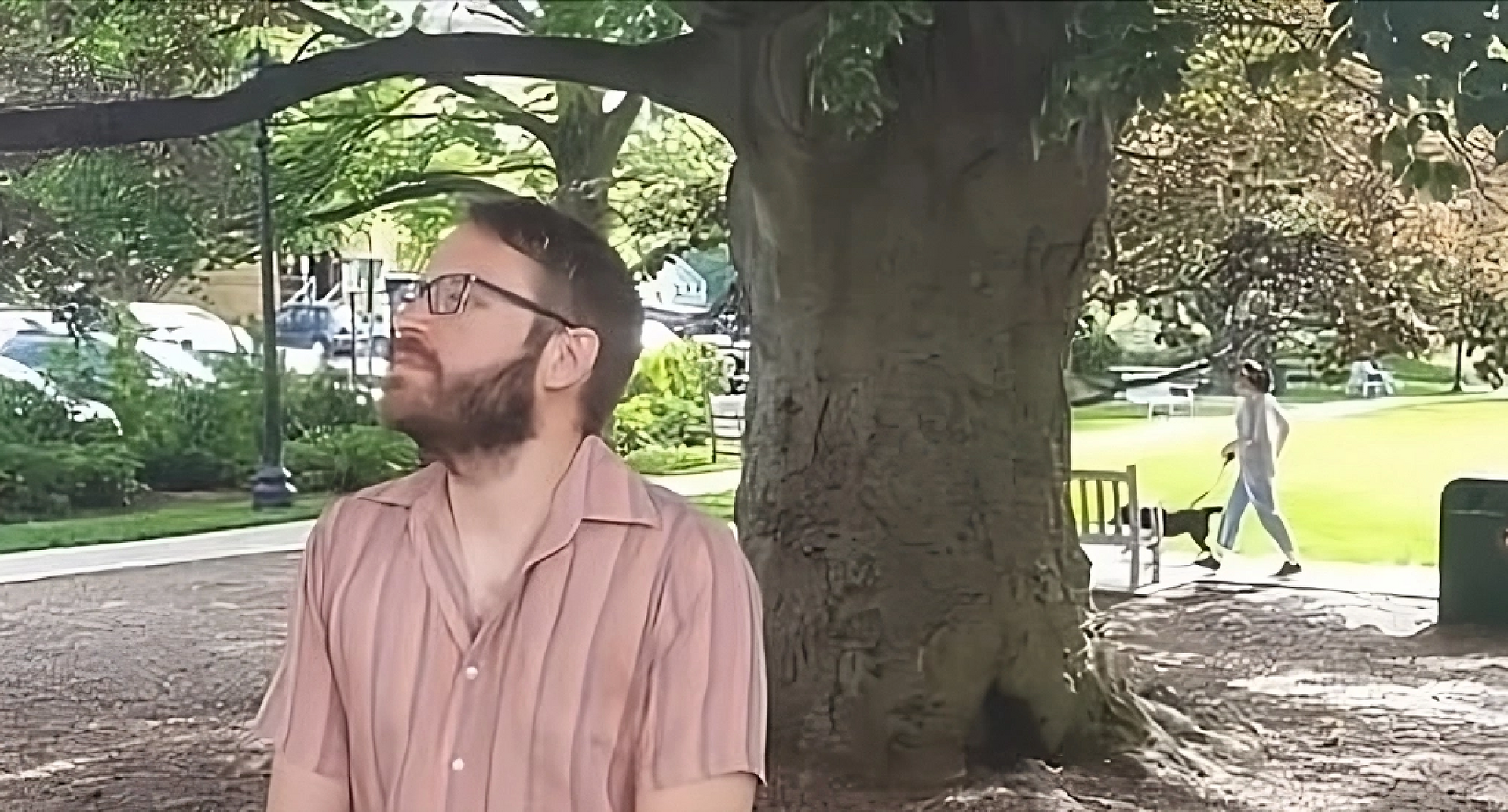
par David Capps & Murielle Mobengo
•
06 avr., 2024
Cet entretien limpide avec David Capps, philosophe et poète auteur de "Silence Divine", a renouvelé ma foi d'éditrice. Oui, dans le noir, il y a encore des perles lumineuses (et rares, donc). En pensée et Parole claires, nous avons traversé bien des contrées obscures. Des vertus créatrices du griffonnage aux sempiternelles questions du génie et de la séparation entre l'homme et l'artiste, nous sommes passés par l'importance de la tradition en philosophie et en littérature. Chemin faisant...

par David Capps & Murielle Mobengo
•
06 avr., 2024
In the midst of 30 podcast episodes and the hum of my own thoughts, I rediscovered the joy of engaging in lofty conversation. Joining philosopher David Capps in dialogue renewed my editor’s faith in discovering rare pearls amidst the chatter. Our discussion ranged from the unexpected creative value of doodling to the perennial questions of genius, distinguishing the human from the artist, and the importance of tradition in thinking and writing.

03 avr., 2024
Myra Dunoyer Vahighene emerges as a visionary storyteller and fervent advocate for Africa, driven by an unwavering determination to unveil its rich cultural and historical tapestry. Beyond mere activism, Myra's eclectic journey serves as both a challenge and an inspiration, prompting us to reevaluate our own notions of success and self-worth—a cornerstone of the artist's persona.

par Myra Dunoyer Vahighene & Murielle Mobengo
•
03 avr., 2024
Ambassadrice énamourée de l'Afrique et conteuse visonnaire, Myra Dunoyer Vahighene est déterminée à révéler toute la richesse culturelle et historique de ce beau continent. Par delà-l’engagement militant, son parcours éclectique interpelle, inspire, et questionne notre propre rapport à la réussite et à l’estime de soi, composante fondamentale de la personnalité de l’artiste.
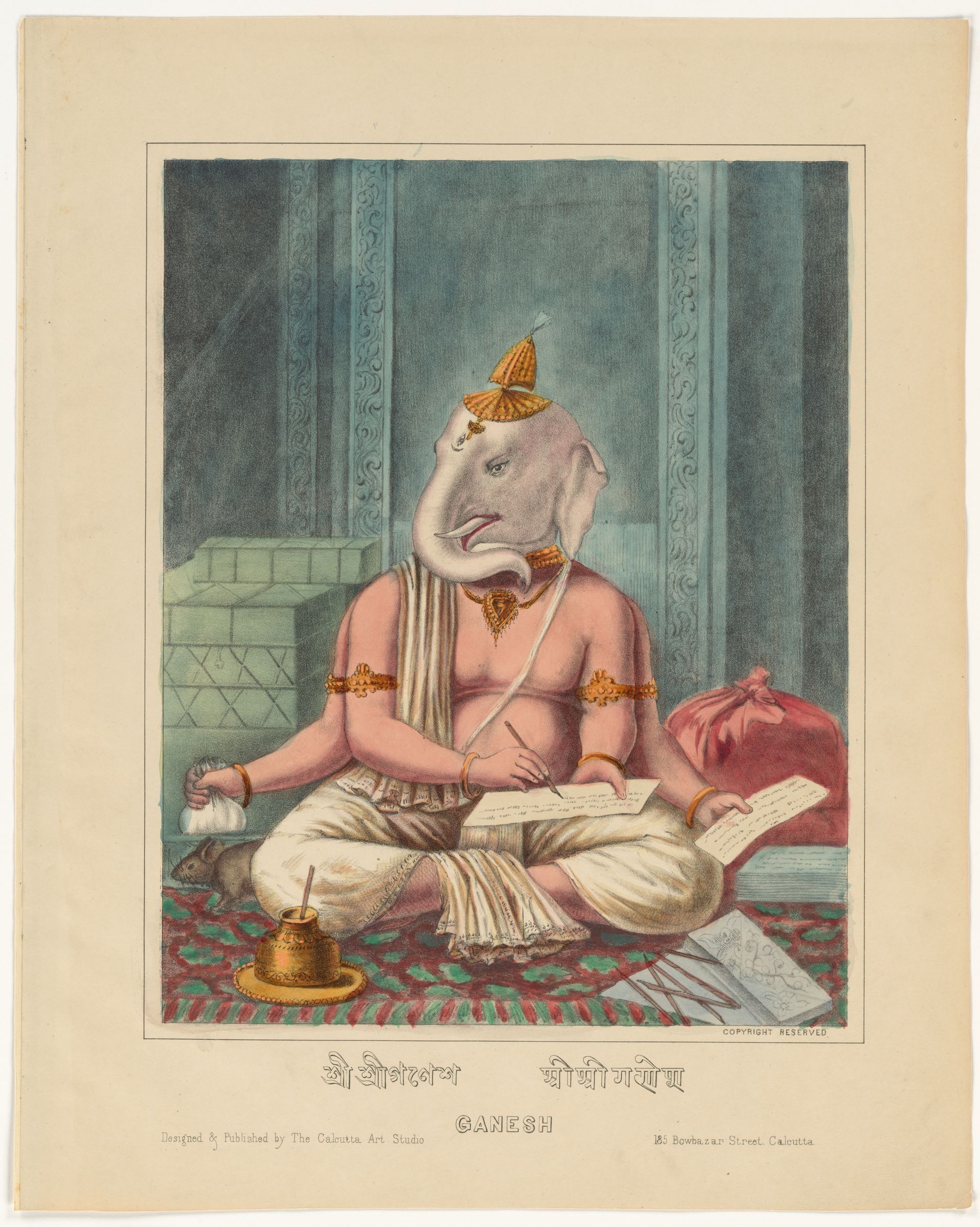
par Murielle Mobengo
•
30 janv., 2024
Should poets write dedications today, or is it an outdated practice, a relic of the past, an archaism? The answer does not revolve around their perceived obsolescence. These ancient texts, enriched with dedications, have transcended time, becoming literary and spiritual canons. Those of us fortunate enough to have received an education in classical and religious literature still marvel at them.
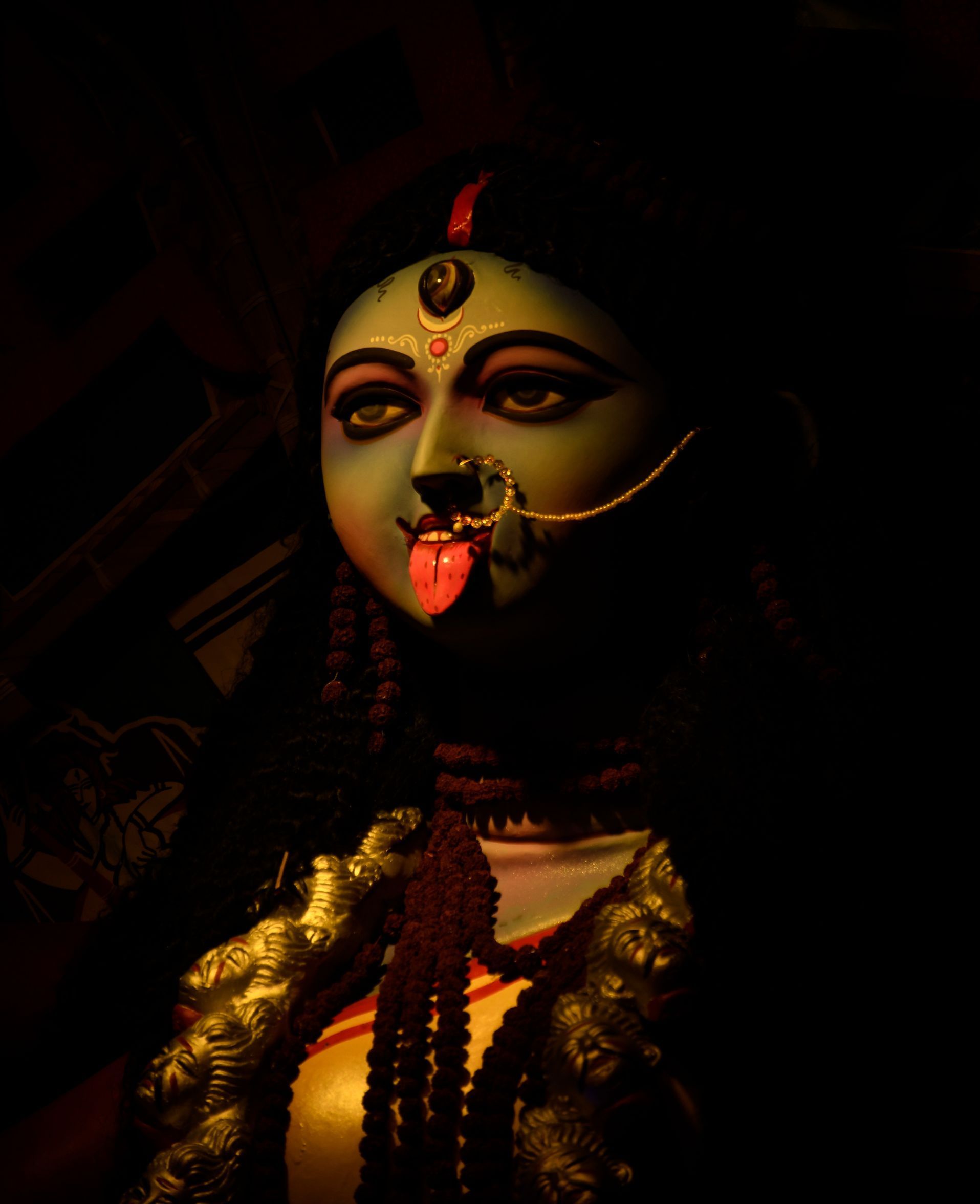
par Murielle Mobengo
•
11 janv., 2024
The recurring juxtaposition of creativity, often associated with order (a nod to Kant), and mental illness raises concerns, in my opinion, and proves quite surprising. It is plausible that many scientists researching creativity, lacking a genuine creative inclination themselves, view it as an enigmatic internal phenomenon, thereby making a spectacle of it.

par Jiddu Krishnamurti (Quote)
•
06 janv., 2024
«I am asking the question. Please answer it for yourself first. It is very important to find that out because there is so little beauty in our daily life. Ask yourself, enquire very deeply what is this word used by poets, painters, and sculptors, and you are asking yourself now, what is this quality of beauty.»

par Murielle Mobengo
•
06 janv., 2024
Aux portes de l’Europe et de l’Orient, la guerre, barbarie totale, nous menace tous d’anéantissement. Une autre guerre plus discrète se joue dans nos esprits, cependant. Traditions, langues et cultures ancestrales se dégradent sous les assauts d’une modernité sans projet, une modernité dont le but est de tout cloisonner, de tout dé(const)ruire. Face à ce casus belli total, Revue Révolution invoque la Beauté toute-puissante, éternelle, l’expression mystique de l’effacement de soi devant plus grand que soi.





